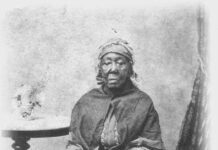Waja Tribe of Gombe: Guardians of heritage and harmony in Nigeria’s Northeast, by Gift Luckson
The Waja tribe is one of the major ethnic groups found in Gombe State, Northeastern Nigeria. They are known for their rich history, deep cultural traditions, and strong agricultural heritage.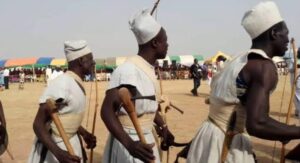
The Waja people primarily inhabit the southern part of Gombe State, especially in Balanga Local Government Area, where they live among other ethnic groups such as the Tera, Tangale, and Fulani.
Origin
The Waja trace their origins to ancient migrations from the Mandara Mountains region, located near present-day Cameroon and Northeastern Nigeria. Oral traditions suggest they moved southward over centuries in search of fertile land and security from slave raids and intertribal wars.
Eventually, they settled around the Balanga area, where they established villages and clans that still exist today.
Language
The Waja people speak the Waja language, which belongs to the Adamawa-Ubangi branch of the Niger-Congo language family.
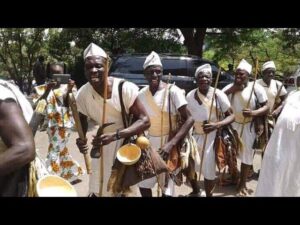
READ ALSO: Venture Smith’s courageous journey from slavery to freedom, by Gift Luckson
There are two main dialects, Waja Hill (Cham Waja) and Waja Plain, reflecting differences between those living in the hills and those in the plains.
Many Waja people are also bilingual, speaking Hausa for trade and inter-ethnic communication.
Culture and Tradition
The Waja maintain a vibrant traditional culture marked by festivals, dances, and local governance systems. Their traditional religion once centred on ancestral worship and nature spirits, though Christianity and Islam have since become dominant faiths.
Traditional attire: Men often wear loose garments similar to Hausa kaftans, while women adorn themselves with colourful wrappers, beads, and body art for ceremonies.
Marriage: Waja marriages involve family negotiations, dowries (often in the form of livestock or farm produce), and community feasts.
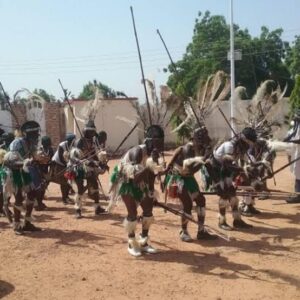
Festivals: The Waja Cultural Festival, held annually, showcases their dances, music, wrestling contests, and traditional foods such as tuwo (maize meal) and miya kuka (baobab leaf soup).
Economy
Agriculture is the backbone of the Waja economy. They are skilled farmers, cultivating crops like maize, millet, guinea corn, yams, and groundnuts.
They also rear cattle, goats, and sheep. Handicrafts such as pottery, weaving, and blacksmithing are common traditional trades.
Social Organisation
The Waja society is traditionally led by local chiefs known as Mai or Ardo, who oversee communal affairs, resolve disputes, and represent their people before the government.
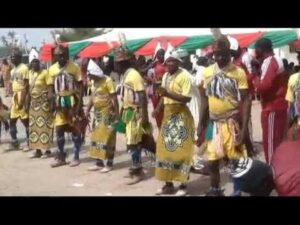
Elders and lineage heads also play key roles in preserving customs and mediating conflicts.
Religion
Today, the Waja people are religiously diverse. A significant number are Christians, particularly Protestants and Catholics, while others practice Islam or maintain traditional beliefs. Religious tolerance is generally high, with interfaith harmony common in Waja communities.
Modern Influence
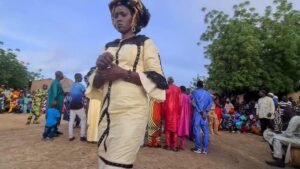
With education and modernisation, many Waja have moved to urban centres such as Gombe city, Bauchi, and Yola, where they engage in business, politics, and public service.
Despite these changes, efforts continue to preserve the Waja language and culture through community associations and local education initiatives.
In essence, the Waja tribe of Gombe represents a proud and resilient people whose traditions, language, and community values form an integral part of Nigeria’s cultural diversity.
They embody the balance between cultural heritage and modern adaptation, a testament to their enduring spirit and unity.
Follow the Neptune Prime channel on WhatsApp:
Do you have breaking news, interview request, opinion, suggestion, or want your event covered? Email us at neptuneprime2233@gmail.com


